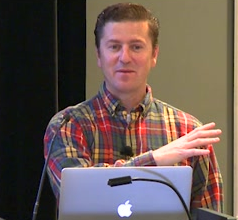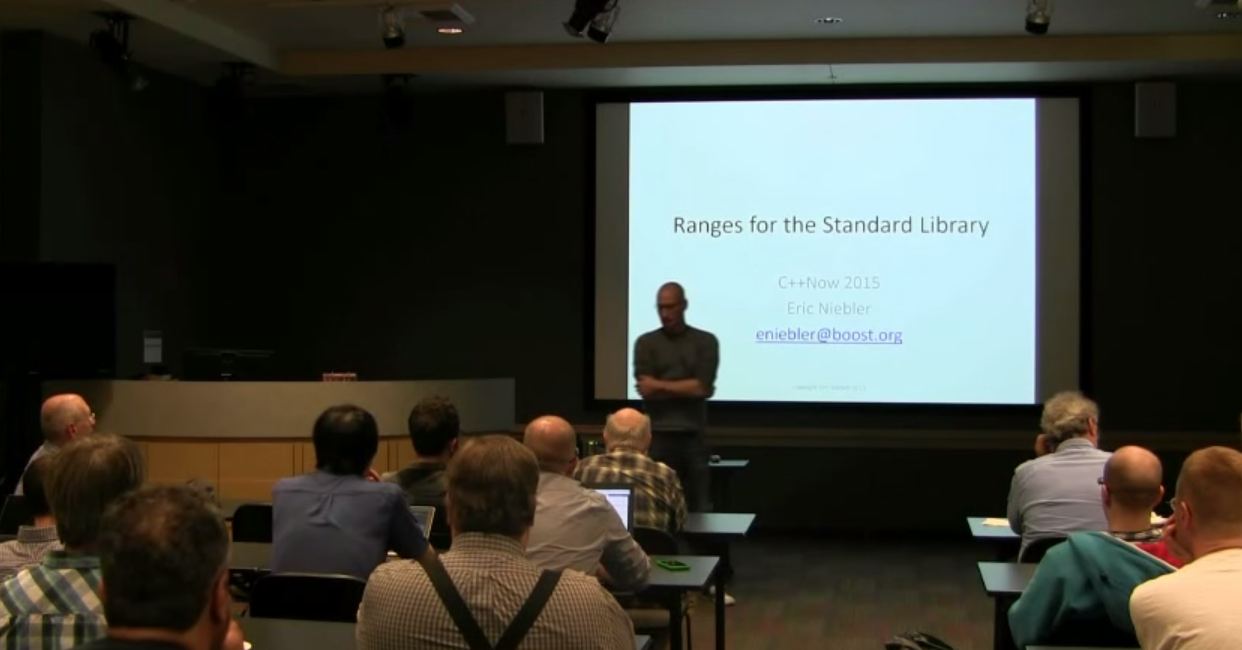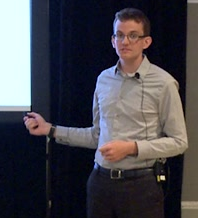CppCon 2015 registration opened today

CppCon 2015 Registration Open
CppCon 2015: September 21-25, 2015 = 5 days x ~6 tracks
Pre-conference C++11/14 boot camp: September 19-20, 2015
Like last year, registration is being kept affordable -- Early Bird is $845 for the entire week-long event, and student registrations will also be available. In addition, this year there's also an optional "pre-conference C++11/14 boot camp" class for people who are newer to modern C++ and want extra training to get up to speed for two solid days before CppCon itself begins so they can get the most out of the week-long event.
From the announcement:
Registration is now open for CppCon 2015 to be held September 20-25, 2015 at the Meydenbauer Center in Bellevue, Washington, USA. The conference will start with the keynote by Bjarne Stroustrup titled “Writing Good C++14”.
CppCon is the annual, week-long face-to-face gathering for the entire C++ community. The conference is organized by the C++ community for the community. You will enjoy inspirational talks and a friendly atmosphere designed to help attendees learn from each other, meet interesting people, and generally have a stimulating experience. Taking place this year in the beautiful Seattle neighborhood and including multiple diverse tracks, the conference will appeal to anyone from C++ novices to experts.
What you can expect at CppCon:
- “Modernize Your C++” New this year! An optional two day class for getting up to speed with C++11/14.
- Invited talks and panels: The CppCon keynote by Bjarne Stroustrup will start off a week full of insight from some of the world’s leading experts in C++. Still have questions? Ask them at one of CppCon’s panels featuring those at the cutting edge of the language.
- Presentations by the C++ community: What do embedded systems, game development, high frequency trading, and particle accelerators have in common? C++, of course! Expect talks from a broad range of domains experts focused on practical C++ techniques, libraries, and tools.
- Lightning talks: Get informed at a fast pace during special sessions of short, less formal talks. Never presented at a conference before? This is your chance to share your thoughts on a C++-related topic in an informal setting.
- Evening events and “unconference” time: Relax, socialize, or start an impromptu coding session.
CppCon’s goal is to encourage the best use of C++ while preserving the diversity of viewpoints and experiences. The conference is a project of the Standard C++ Foundation, a not-for-profit organization whose purpose is to support the C++ software developer community and promote the understanding and use of modern, standard C++ on all compilers and platforms.
If you're interested in C++, be sure to attend CppCon this September. Early Bird registration is open until July 10.
If you missed last year's CppCon and want to get a taste of what it was like, from the world-class content to the festival atmosphere, just check out the 2014 videos under the "program" tab at cppcon.org.

 While we wait for CppCon 2015 in September, we’re featuring videos of some of the 100+ talks from CppCon 2014. Here is today’s feature:
While we wait for CppCon 2015 in September, we’re featuring videos of some of the 100+ talks from CppCon 2014. Here is today’s feature: Here is a video of Eric Niebler presenting a future C++:
Here is a video of Eric Niebler presenting a future C++: While we wait for CppCon 2015 in September, we’re featuring videos of some of the 100+ talks from CppCon 2014. Here is today’s feature:
While we wait for CppCon 2015 in September, we’re featuring videos of some of the 100+ talks from CppCon 2014. Here is today’s feature: